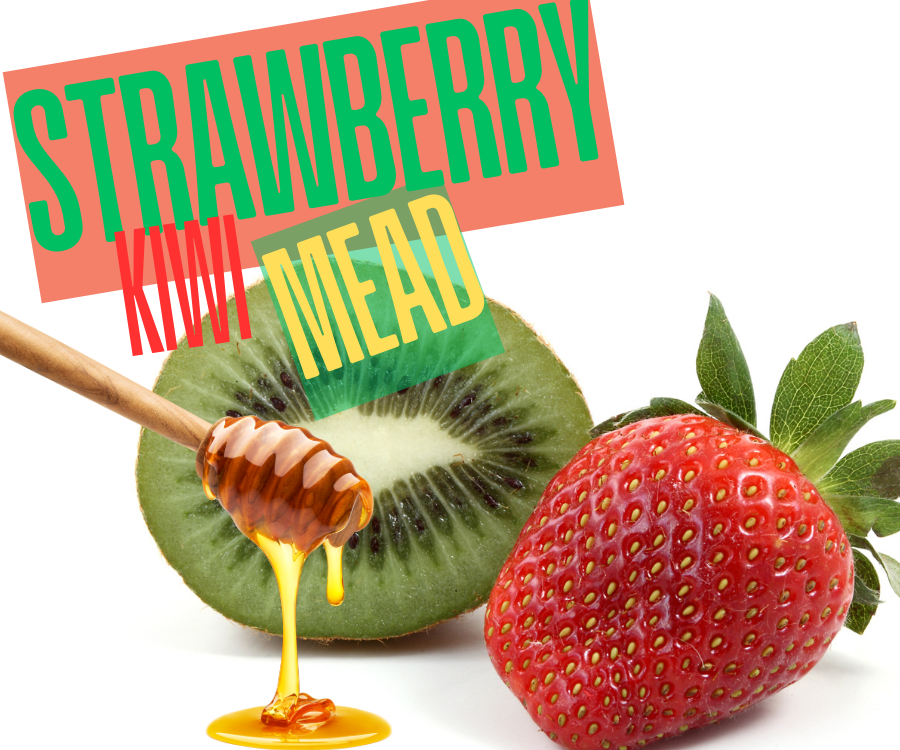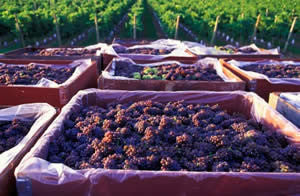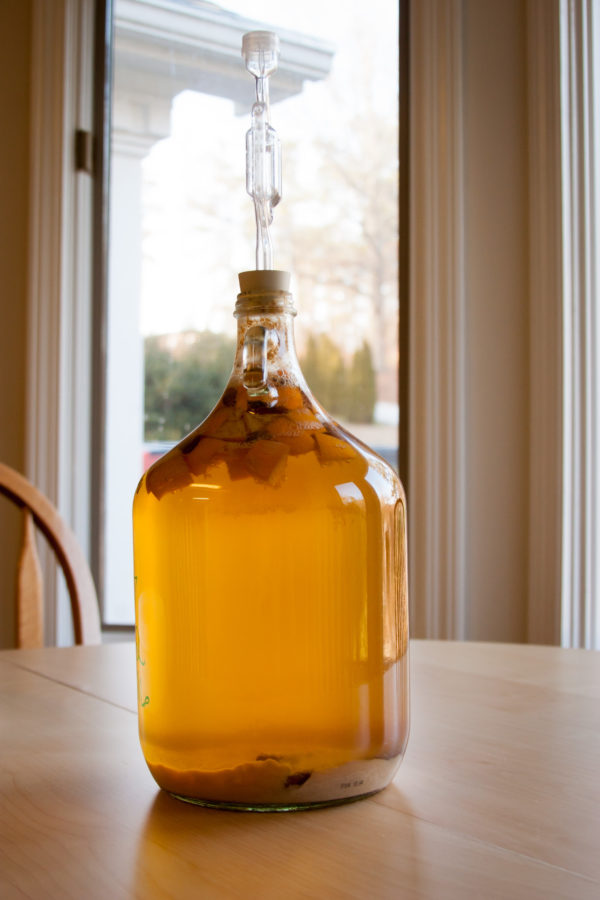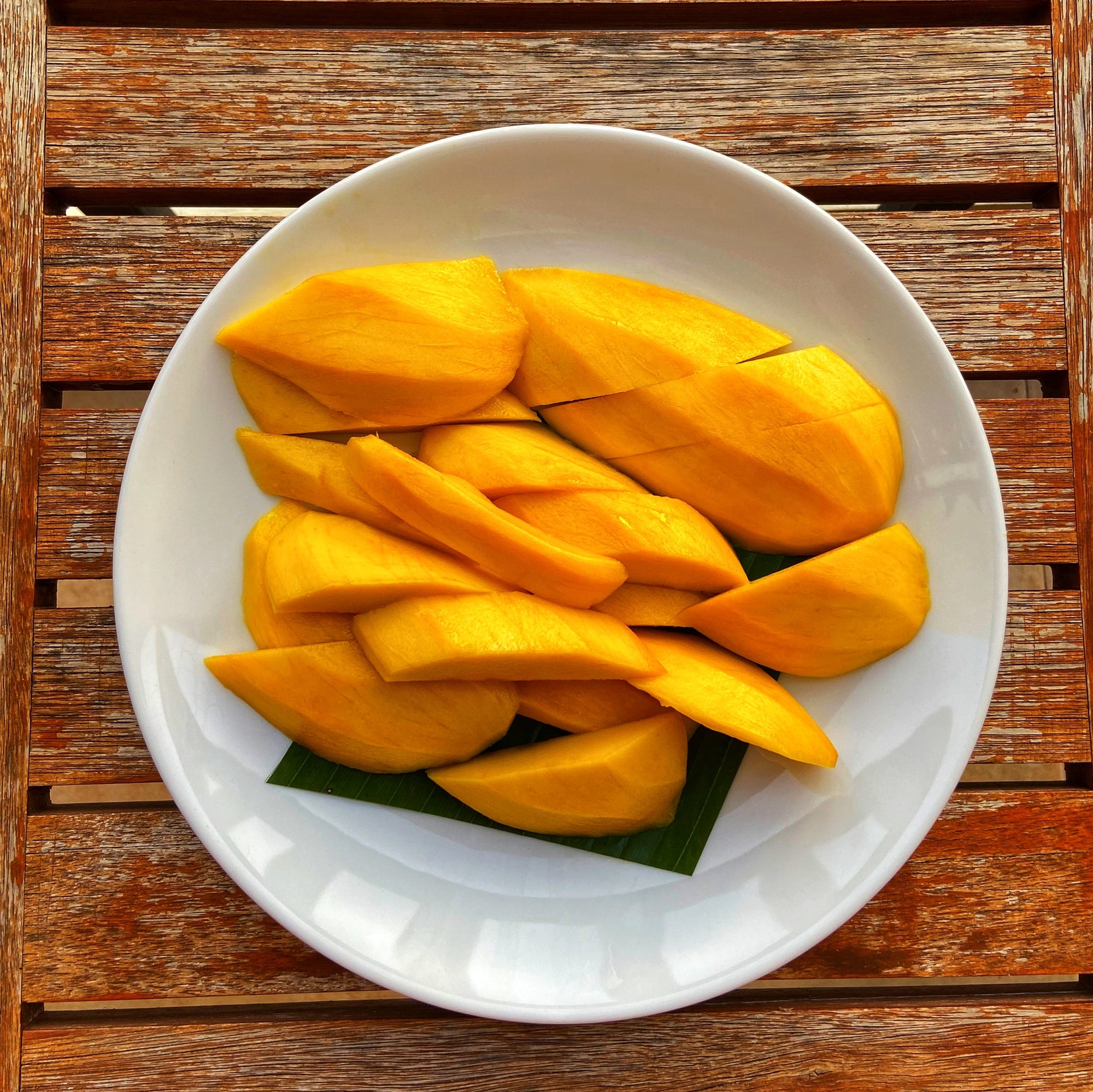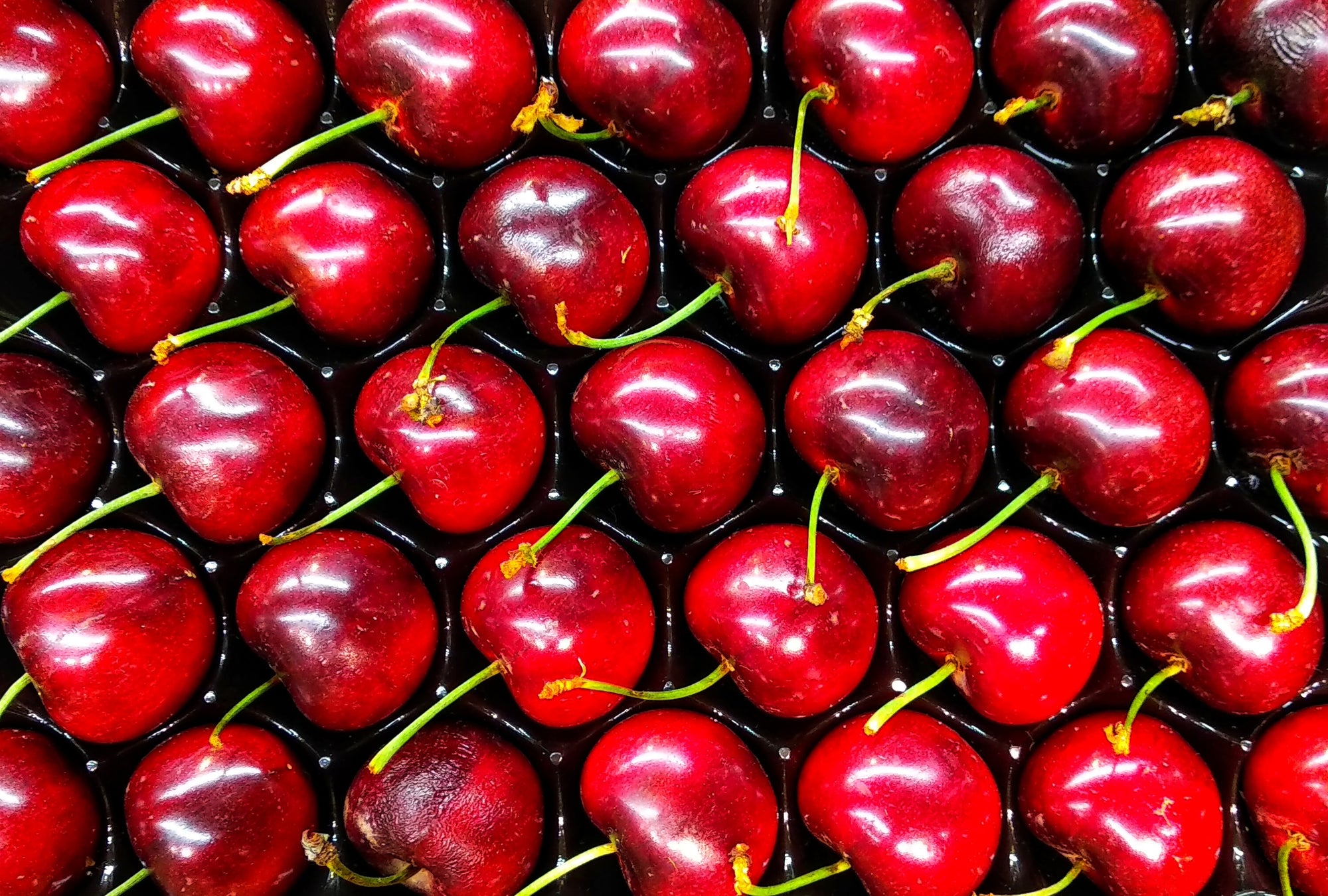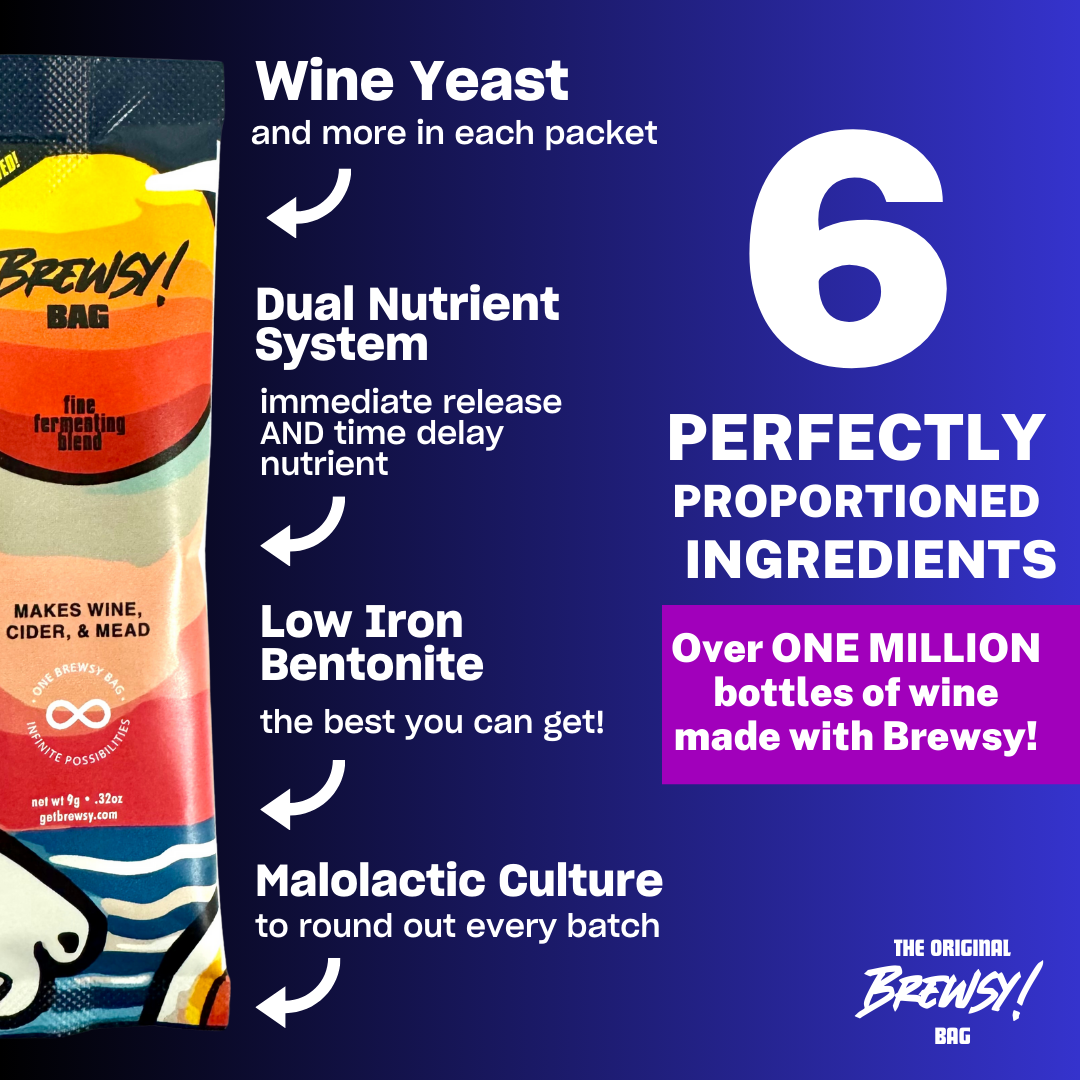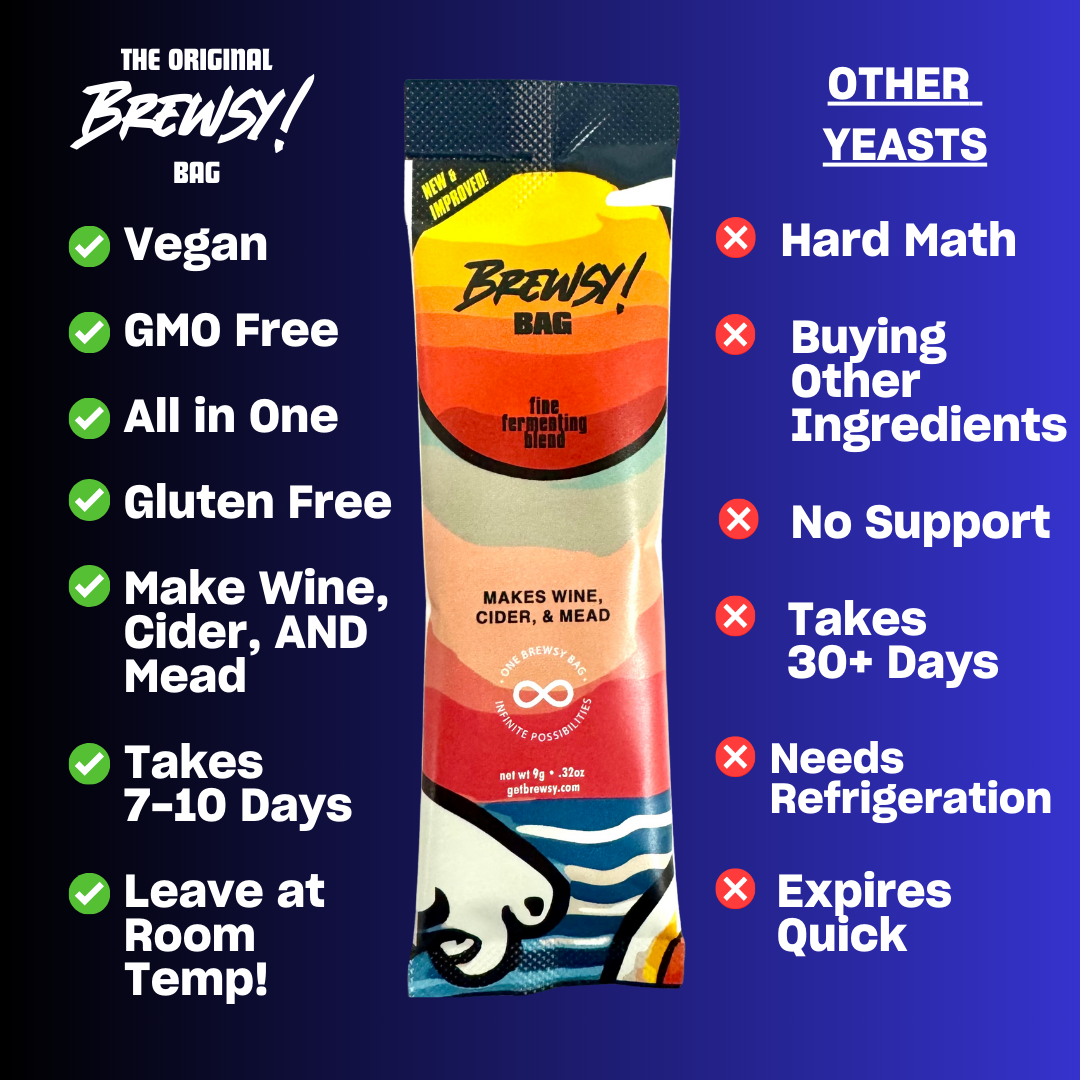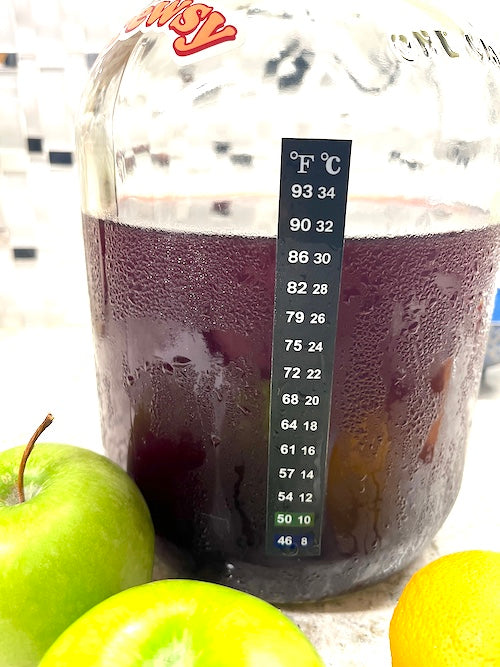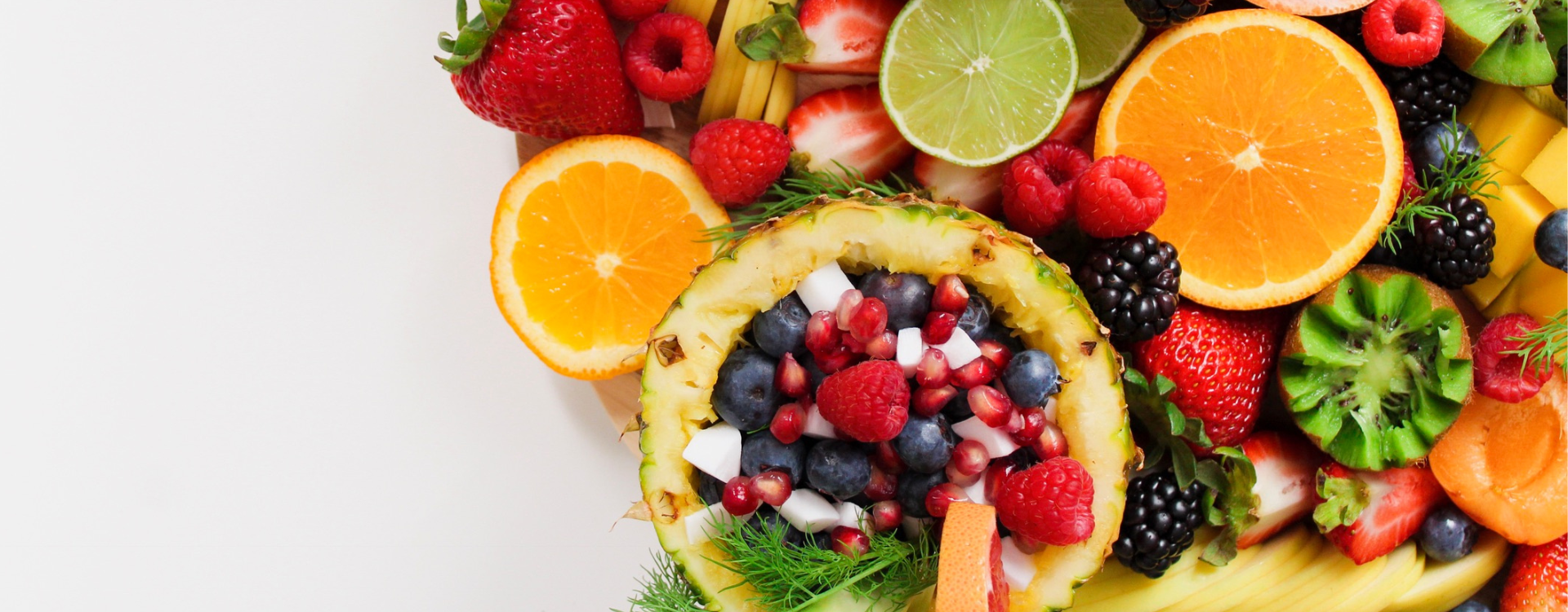
Yeasts in Winemaking: Everything You Need to Know
Yeasts in Winemaking: Everything You Need to Know
If you're a wine lover, you've probably wondered about the role of yeast in winemaking. What does it do? How important is it? In this blog post, we will explore everything you need to know about yeast in winemaking. We'll discuss the history of yeast, its role in the fermentation process, and different types of yeasts that are used in winemaking. You'll also learn about the nutritional needs of wine yeast and how oxygen can affect fermentation. Finally, we'll talk about wine faults that can be caused by yeast. So if you're curious about yeast and winemaking, keep reading!
Yeast is a single-celled microorganism that plays a very important role in the winemaking process. Without yeast, wine would not exist! Yeast is responsible for converting the sugars of wine grapes into alcohol and CO₂ through fermentation.
The history of yeast is fascinating. The word "yeast" comes from the Old English word "gist", which means "to boil or foam". In the mid-19th century, the French scientist Louis Pasteur discovered that yeast was responsible for fermentation. Prior to this discovery, it was believed that fermentation was caused by a "spontaneous generation of life". However, Pasteur's work proved that yeast was the primary cause of fermentation.
So, what exactly does yeast do during fermentation? Yeast consumes the sugar in grape juice and converts it into alcohol and CO₂. This process is called alcoholic fermentation. Wild yeasts are responsible for natural fermentation, which is how wine was made for centuries. However, nowadays, most winemakers use inoculated yeast, which is a specific type of yeast that is added to the grape must. There are many different types of yeasts that can be used in winemaking, and each one produces different flavors and aromas. The influences of different yeast strains on fermentation are complex and not fully understood.
In addition to fermenting grape juice, yeast also has other important roles in winemaking. Yeast cells need nutrients to grow and reproduce, so they must be added to the grape must during fermentation. Nutrients like nitrogen, phosphorus, and sulfur are essential for healthy yeast growth. Oxygen is also important for yeast growth, but too much oxygen can be detrimental to the fermentation process.
There are many different types of wine faults, but some of them can be caused by yeast. For example, a wine fault called "volatile acidity" is caused by yeast consuming too much sugar and producing too much alcohol. This can make the wine taste sour and vinegary. Another fault called "glycerol" is caused by yeast that doesn't ferment all of the sugar in the grape must. This can make the wine taste sweet and syrupy.
So, there you have it! Everything you need to know about yeast in winemaking. We hope you found this blog post informative and helpful

